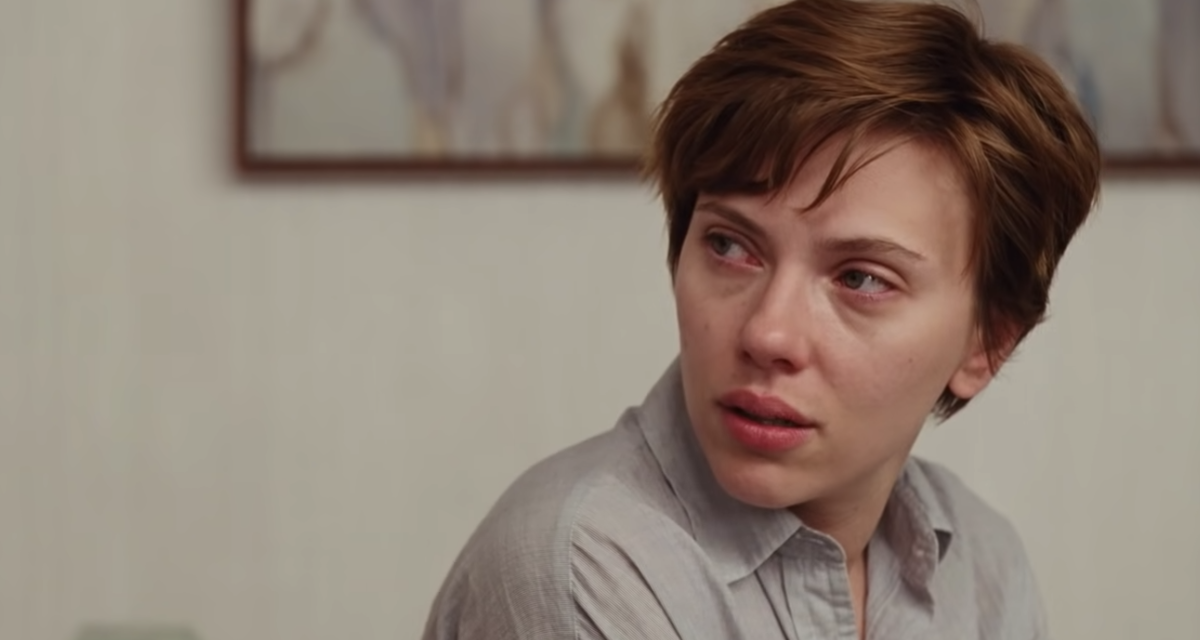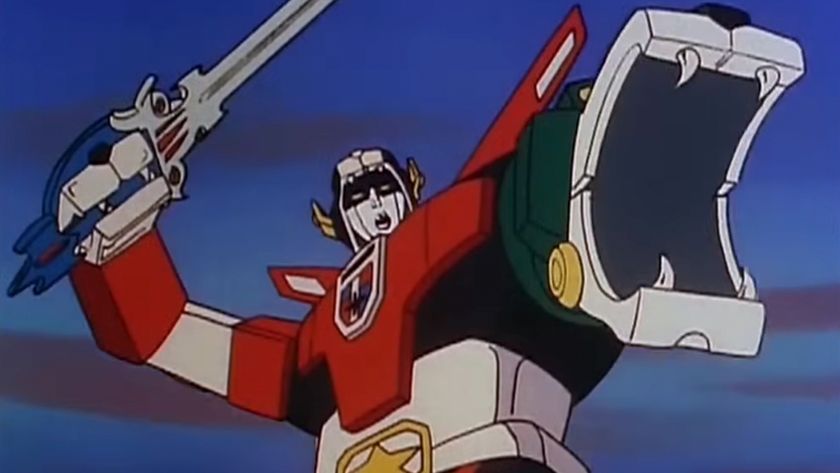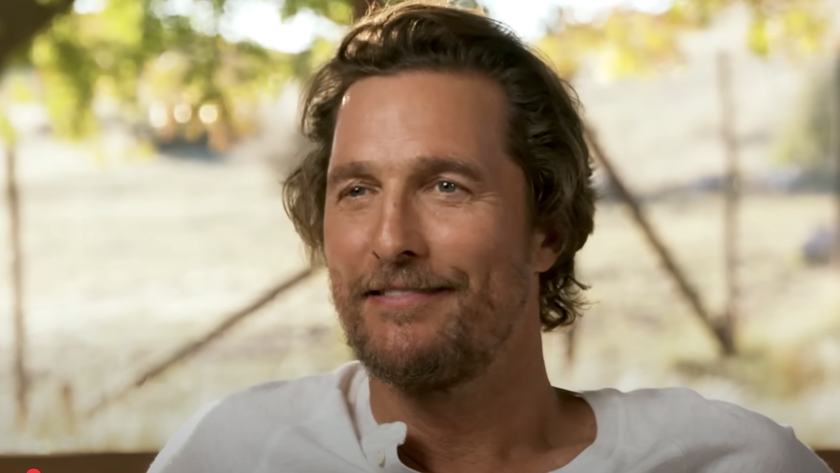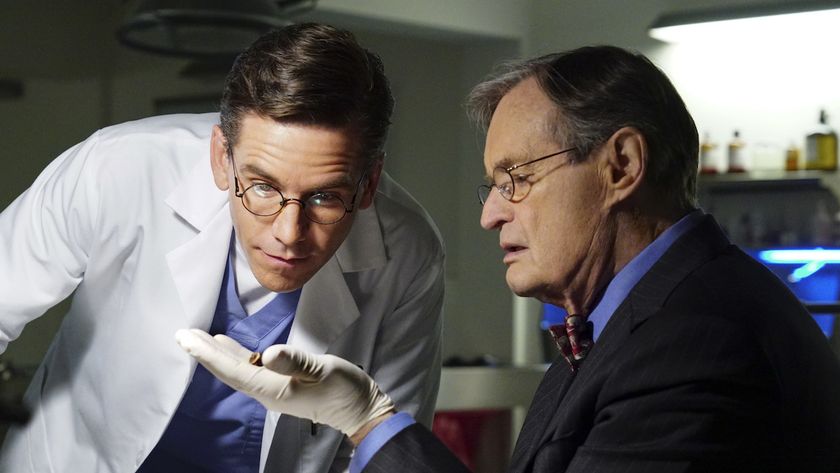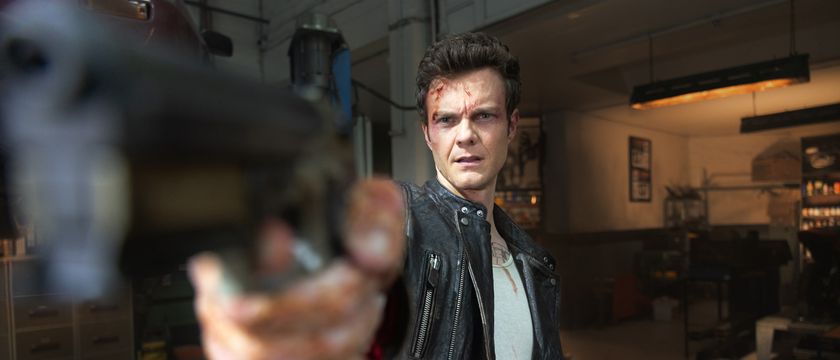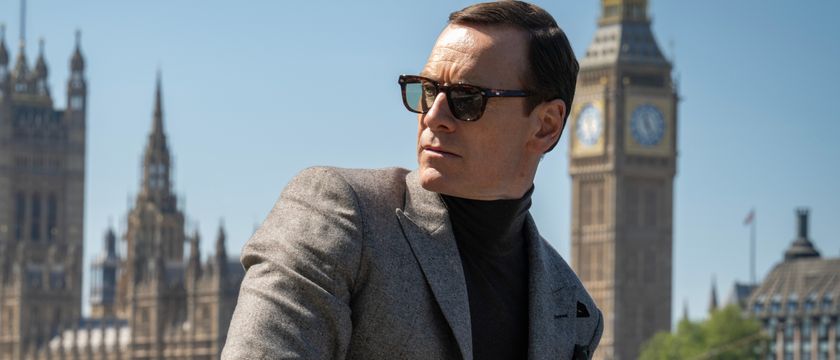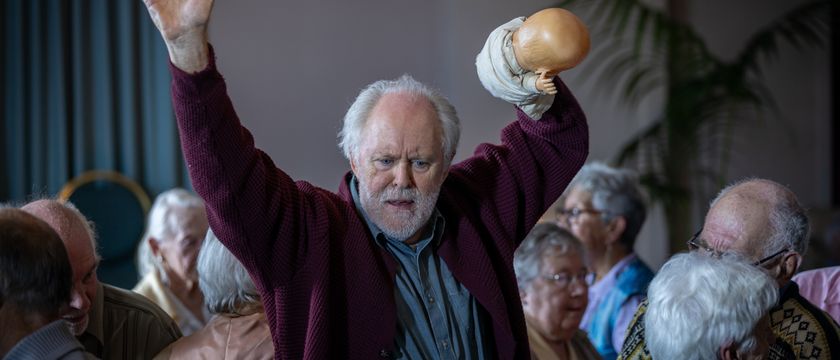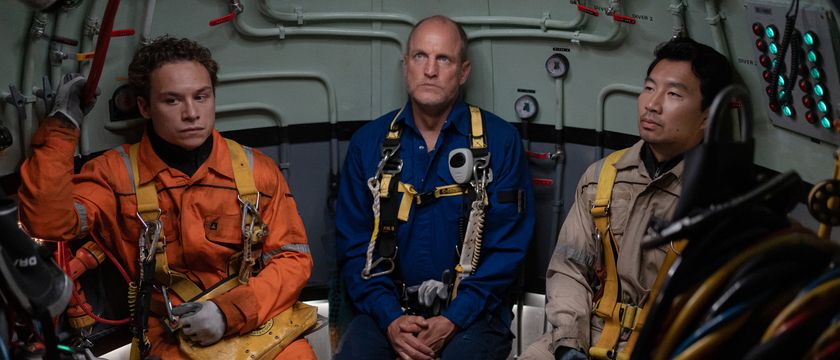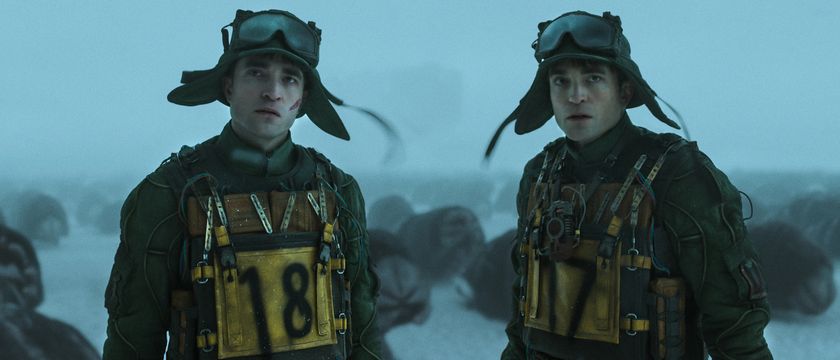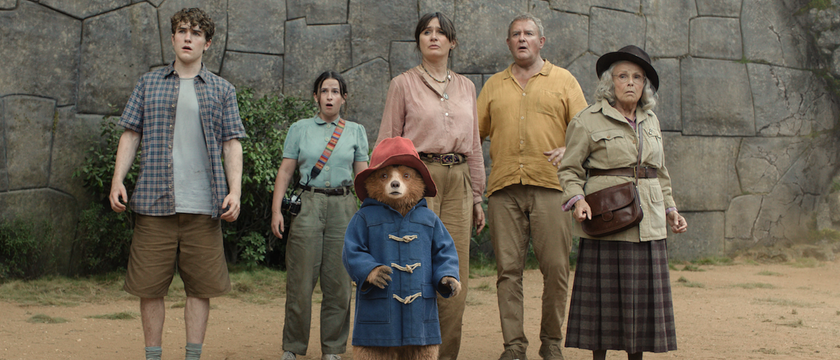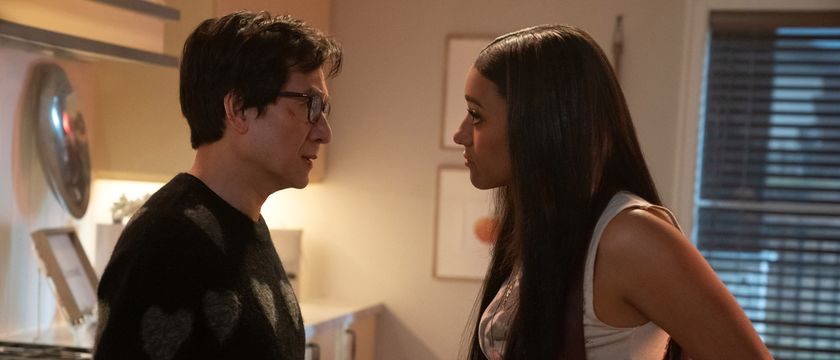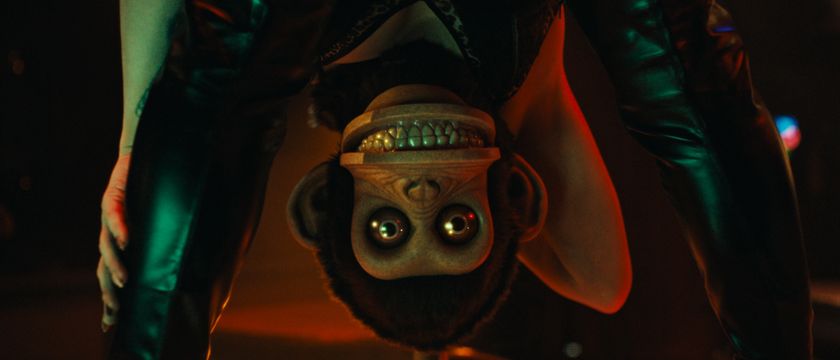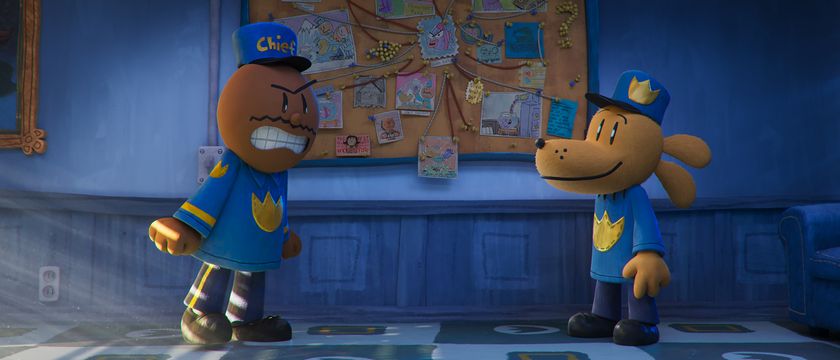Half of all American marriages end in divorce. That’s not a sweeping generalization to catch your attention. Statically, 50% of the couples who get married in the United States in 2019 will also go through a divorce. Separations are way more common than you realize or expect. Yet Hollywood prefers to focus on the happier first half of most relationships. The “cute meet.” The courtship. Rom-coms are fueled by the notion of falling IN love, and rarely do we stop and linger on the couples that fall OUT of love.
Marriage Story does that, and does that incredibly well. It is Kramer vs. Kramer, made for a generation who hasn’t seen Kramer vs. Kramer. Side note: See Kramer vs. Kramer. It’s a devastating portrayal of the hardships of parenting while also trying to make a failed relationship work, and Noah Baumbach’s Marriage Story is every bit that movie’s equal, which is the highest compliment I can pay it.
The leads give Oscar-worthy performances.
Many want to assume that Marriage Story recounts Noah Baumbach’s own personal struggles with his former wife, Jennifer Jason Leigh. And that may be true. The couple married in 2005 but divorced in 2013, and you can see potential similarities between Baumbach and Leigh in the characters played in screen by Adam Driver and Scarlett Johansson.
And damn, are those two Oscar-worthy. Driver’s Charlie Barber is a New York playwright who has enjoyed success, though his career has overshadowed the acting aspirations of his wife and partner, Nicole (Johansson). Initially, Nicole was a shining star in Charlie’s theatrical company. But she wants more, and she recently has come to the realization that her life has been peppered by sacrifices she made so that Charlie can thrive. And she’s ready to move on and make her own life work… even if that means dividing up the family they have created.
Driver and Johansson are phenomenal. They rise to the challenge of the big, emotionally draining scenes that are required in a divorce drama like this. But they also win the battle in the smaller, intimate scenes that help us believe in Charlie and Nicole as a believable couple. No one is right or wrong in Marriage Story (though you likely will choose a side as both protagonists lay out their sides). But Driver and Johansson thrive in the material by making their characters multi-faceted, human, relatable and sympathetic, during some particularly difficult times.
The supporting cast is loaded with scene-stealers.
I’d watch an entire cut of Marriage Story that was just Adam Driver and Scarlett Johansson playing off of each other. They’re just that good together. But Baumbach’s latest also succeeds as one of those rewarding vehicles where every supporting part introduces the familiar face of a beloved character actor who smashes every single scene out of the park, making Marriage Story a better overall movie because of their involvement.
Eventually, Charlie and Nicole’s squabbles have to make their way to the courts, as she has moved their son, Henry, to California while Charlie’s hellbent on staying in Manhattan. And Baumbach arms his leads with brilliant actors portraying their attorneys, each coming at the divorce with competing agendas. Laura Dern has been earning most of the early press for playing Nora Fanshaw, a battle-tested divorce attorney who agrees to handle Nicole’s case – even though Nicole has made it clear that she doesn’t want to make life too difficult for Charlie.
Across the aisle, Charlie learns he must find a California attorney, even though he believed that he and Nicole would just “work it out” on their own, and he doesn’t have the funds to get locked in a long legal battle. He lands in the offices of the sympathetic, subdued Vert Spitz (the tremendous Alan Alda), and though he’s the polar opposite to Dern’s viper, he’s been around more than enough blocks to know exactly where this divorce is heading, and how difficult it’s going to be for everyone before all is said and done.
This is about as raw, emotional and honest as a movie can get.
And that’s the biggest takeaway from Marriage Story: Divorce is incredibly difficult, and unbelievably painful. There’s no simple, easy way to untangle two people whose lives have become intertwined. It’s messy. It’s expensive. It’s life-altering, and usually not in any positive kinds of ways.
But the screenplay for Marriage Story doesn’t shy away, at all, from these difficulties. Instead, it views them from the vantage point of someone who has been through these crippling obstacles, and therefor will either remind some viewers of some of their most difficult times, or serve as a warning for anyone who may have to go through with this in the future.
Yet, Marriage Story is not without hope. It’s not a total wallow in despair. It’s final shot suggests the possibility of normalcy, reminding me so very much of the shot of Dustin Hoffman and Justin Henry making breakfast in their cramped kitchen, not needing to say a word but finally finding balance after what had been a turbulent experience. What Marriage Story might be saying is that there is a light at the end of that tunnel, not matter how dark and suffocating the tunnel may feel while you are journeying through it.

Sean O’Connell is a journalist and CinemaBlend’s Managing Editor. Having been with the site since 2011, Sean interviewed myriad directors, actors and producers, and created ReelBlend, which he proudly cohosts with Jake Hamilton and Kevin McCarthy. And he's the author of RELEASE THE SNYDER CUT, the Spider-Man history book WITH GREAT POWER, and an upcoming book about Bruce Willis.
